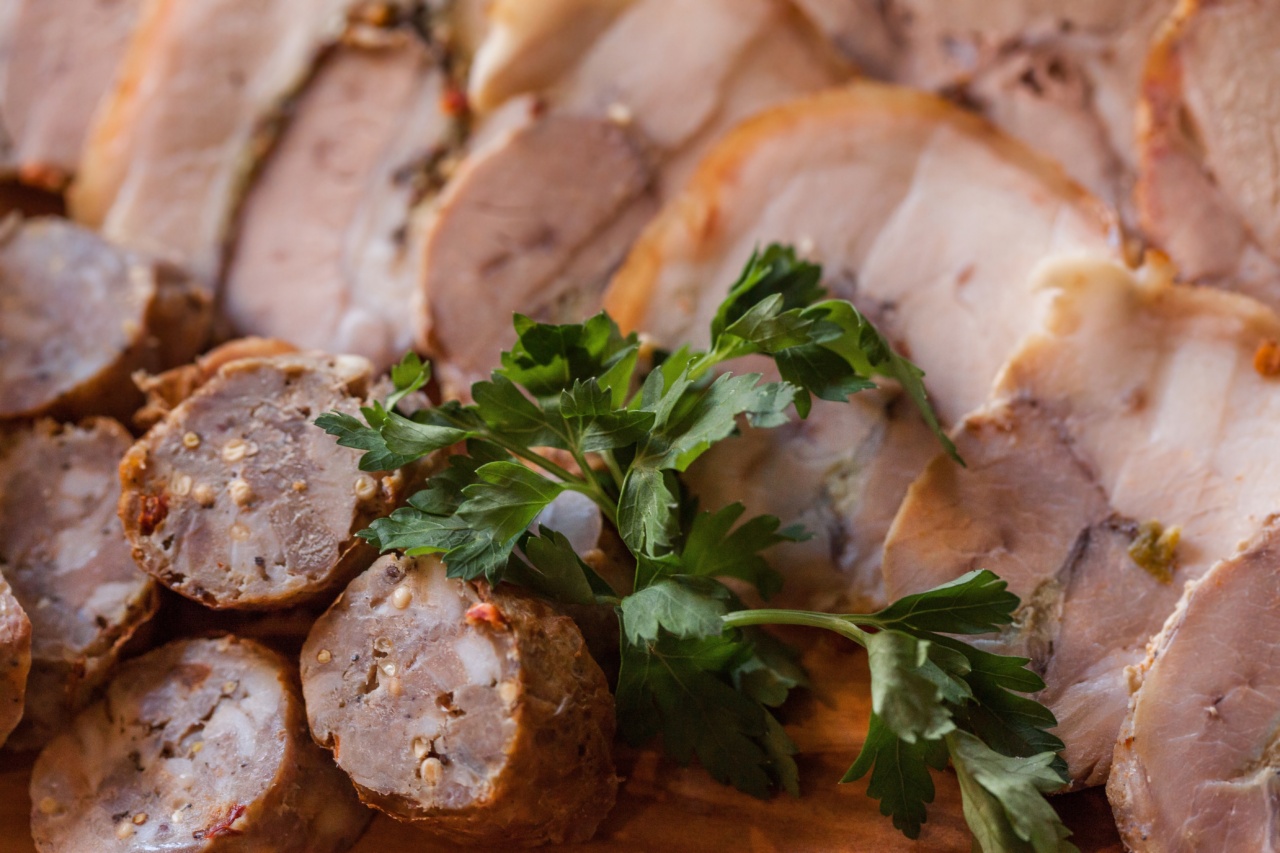The liver plays a crucial role in maintaining our overall health and well-being. It helps in the digestion of food, detoxification of harmful substances, and storage of essential nutrients.
However, excessive fat accumulation in the liver can lead to various liver diseases, including fatty liver disease and liver cirrhosis. In this article, we will explore a winning recipe to reduce fat in the liver and improve hepatic disease indicators.
Understanding Fatty Liver Disease
Fatty liver disease, also known as hepatic steatosis, occurs when there is an abnormal accumulation of fat in the liver cells.
This condition is often associated with obesity, insulin resistance, high cholesterol levels, and excessive alcohol consumption. If left untreated, fatty liver disease can progress to more severe liver conditions, such as non-alcoholic steatohepatitis (NASH) and cirrhosis.
The Role of Diet in Reducing Liver Fat
A healthy diet plays a vital role in reducing fat in the liver and improving hepatic disease indicators. It is essential to incorporate foods that promote liver health while avoiding those that contribute to liver damage.
Here’s a winning recipe to help you achieve a healthier liver:.
1. Include Fiber-Rich Foods
Fiber-rich foods, such as fruits, vegetables, whole grains, and legumes, help in reducing liver fat and improving overall digestion. They promote satiety, regulate blood sugar levels, and prevent excessive calorie intake.
Aim to include a variety of colorful fruits and vegetables in your diet to receive a wide range of essential nutrients.
2. Choose Healthy Fats
Avoid saturated and trans fats found in fried foods, processed snacks, and fatty meats. Instead, opt for healthy fats like avocados, olive oil, nuts, and seeds.
These fats provide essential fatty acids, promote heart health, and reduce inflammation in the liver.
3. Opt for Lean Protein Sources
Include lean sources of protein in your diet, such as fish, poultry, tofu, and legumes. These protein sources are low in saturated fat and provide essential amino acids necessary for liver function.
Avoid red meats and opt for grilled or baked preparations instead of fried.
4. Limit Added Sugars and Refined Carbohydrates
Excessive consumption of added sugars and refined carbohydrates can contribute to liver fat accumulation. Avoid sugary beverages, desserts, and processed snacks.
Instead, opt for natural sweeteners like honey or maple syrup and choose whole grain options for bread, pasta, and rice.
5. Stay Hydrated
Proper hydration is key to maintaining a healthy liver. Water plays a crucial role in eliminating toxins and promoting optimal liver function. Aim to drink at least 8 glasses of water every day and limit the intake of sugary or carbonated beverages.
6. Incorporate Liver-Boosting Superfoods
Some foods have specific properties that support liver health. These include garlic, grapefruit, green tea, beetroot, cruciferous vegetables (like broccoli and Brussels sprouts), and turmeric.
Incorporate these superfoods into your diet to take advantage of their liver-boosting benefits.
7. Control Portion Sizes
Even healthy foods can contribute to liver fat if consumed in excessive amounts. Be mindful of portion sizes and practice moderation. Consider using smaller plates, eating slowly, and listening to your body’s signals of satiety to avoid overeating.
8. Engage in Regular Exercise
Physical activity is crucial for reducing liver fat and improving overall liver health. Incorporate both cardiovascular exercises and strength training into your routine.
Aim for at least 150 minutes of moderate-intensity aerobic activity or 75 minutes of vigorous-intensity activity each week, along with two or more days of strength training exercises.
9. Manage Stress Levels
Chronic stress can contribute to poor liver health. Find healthy ways to manage stress, such as practicing meditation, yoga, deep breathing exercises, or engaging in hobbies you enjoy. Prioritize self-care and make time for relaxation.
10. Consult a Healthcare Professional
If you have been diagnosed with fatty liver disease or any other liver condition, it is crucial to consult a healthcare professional for personalized guidance and treatment.
They can provide you with a tailored diet plan, monitor your liver function, and recommend any necessary medications or interventions.
By following this winning recipe to reduce fat in the liver and improve hepatic disease indicators, you can take proactive steps towards better liver health. Remember, consistency and long-term lifestyle changes are key to achieving lasting results.
Prioritize your liver health today and enjoy the benefits of a healthier life tomorrow!.






























